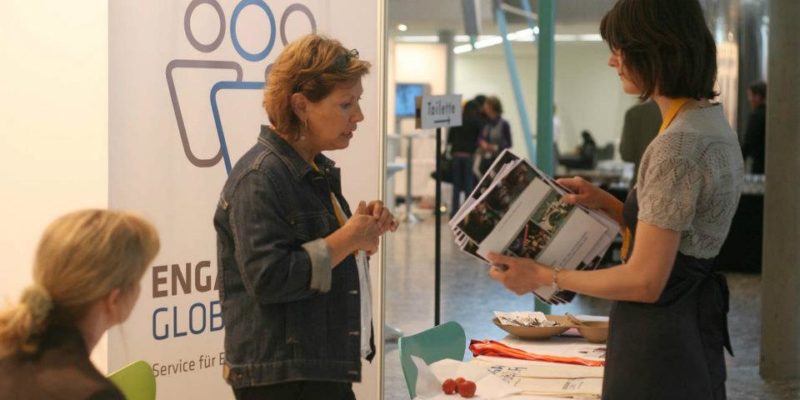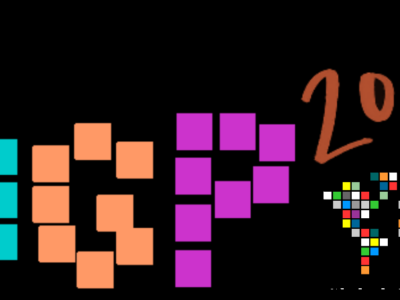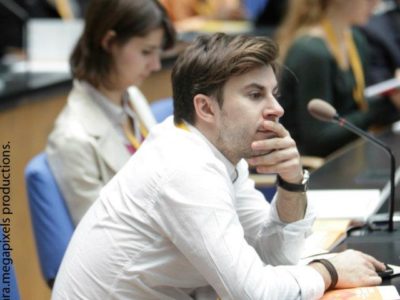These days, the internet is hailed as a tool of revolution. Twitter, Facebook and Sina Weibo are fueling protests everywhere. But stop people from going online, and stop the revolution, it seems.
Why did Hosni Mubarak fail to stop the Egyptian revolution of 2011 despite having shut down the internet? How did China manage a shutdown that quelled the violent 2009 ethnic riots in Xinjiang, China?
Day One of the Egyptian revolution bade Twitter goodbye. The next day, Facebook announced that traffic from Egypt had dried up. Nobody was surprised, and the protests went on. 32 minutes after midnight on Day Four, Issandr El Amrani blogged from neighbouring Tunisia: “Urgent: Egypt has shut off the internet.” At the break of dawn, 80 million people would find themselves without internet access and Short Messaging Service (SMS) – tools that had made the first protests possible. This would continue for five days. Another week and nearly 900 deaths later, Mubarak quit.
He was not the first dictator to deny internet access during turbulent times. Nepal, Myanmar, and China all hold the dubious honour of silencing their populations in the same manner; in 2005, 2007, and 2009, respectively. The swiftest response came from the Chinese government: When anti-police protests led to ethnic riots in Ürümqi, the capital city of the northwestern frontier region of Xinjiang, internet access, SMS, and international telephony to the region were cut off within a day. For 312 days, seven million Xinjiang internet users remained offline to the rest of the world. But the Chinese government’s actions, coupled with a massive police crackdown, quelled rioting that left more than 195 Uyghur and Han Chinese dead.

Retain total control of infrastructure
Government-ownedinfrastructuremakes the drastic step of a total shutdown an easy one to execute. Chinese ISPs must go throughoneoffourgovernment-owned telecommunications providers: CSTNET, ChinaNet, CERNET and CHINAGB.
In Egypt, Telecom Egypt was said to own “virtually all the country’s fiber-optic cables”, and government “concessions” were granted to Internet Service Providers (ISPs). Renesys, an internet analysis company, blogged some eight hours after the shutdown observing that the Mubarak regime had seemingly called Internet Service Providers (ISPs) “one at a time, telling them to take themselves off the air.” Resistance to the demand could have possibly resulted in retraction of their concessions, followed by a forced shutdown that would have been difficult to reverse.
So the ISPs decided to withdraw Border Gateway Protocol (BGP) routes, and with it, activists’ access to the outside world. The BGP is like a postmaster – it provides delivery routes for data. With
BGP routes withdrawn, data ceases to flow, and methods of subverting government censorship, such as Virtual Private Networking (VPN) and Secure Shell (SSH) tunnelling are rendered impotent. The only way to access the internet becomes an expensive satellite connection or old school dial-up through an overseas telephone number. For the same reason, Xinjiang’s internet access was shut down, and not merely crippled like in Iran and Tunisia.
Fine-tune access
Governments can ill-afford cutting internet access when threatened, especially in today’s global economy. The Mubarak administration must have deliberated on the financial implications before deciding on the blunt tool of a total shutdown that would completely shut down Egypt’s businesses. Apart from economic ruin, their actions further angered the population, and idling workers streamed into street marches.
Xinjiang was less of a headache. Being one of the poorest provinces, it contributes less than 2% to the country’s total Gross Domestic Product. Even then, the shutdown in Xinjiang appeared to be executed with finesse, allowing onlygovernmentagenciesandapproved businesses access to the internet. The industry at large continued working.
And while the Mubarak regime had kept Egyptians under close watch, China’s Ministry for Public Security, along with a rumoured 30,000-strong internet police, have kept China free from revolutions with the Golden Shield Project since 2006. Also known as the Great Firewall of China, the Golden Shield kept Xinjiangers limited to official government news, albeit with severe adaptations like the removal of search tools, keeping everyone in China free from Twitter and Facebook.
Ensure freedom from the media
Both Egypt and China have sterilised the press. At the time of the revolution, Egypt ranked 127th on the Reporters Without Borders Press Freedom Index, while China ranked 171st. But whilst newspapers can be kept within national borders and internet access may be put under strict surveillance, satellite television broadcasts can neither be kept within borders nor be easily filtered.

Mubarak failed to stem access to information. In the absence of social media, Al Jazeera’s 24-hour Arabic network continuously beamed images of large crowds despite the annulment of its licenses and media accreditation on Day Five of the Egyptian revolution. The constant images dissolved the fear people had of police brutality, showed them where everyone else was gathering, and emboldened them to produce strength in numbers.
In China’s Xinjiang, however, people lacked free access to international satellite channels, and even then, most would not have understood broadcasts in foreign languages. China’s state- owned news network, CCTV, broadcast images of the riots only hours after they happened, and only presented the government’s side of the events.
Lessons for, and from Singapore
Singapore, a Southeast Asian city-state with five million people, has become the wealthiest nation in the region after four decades of one-party rule, but today it faces a widening income gap. Opposition voices have grown louder.
Alex Au, a Singaporean socio-political blogger, wrote that in the unlikely event a major protest occurs in the city- state of Singapore, the government’s response “may not be calibrated for containment, but tend towards crushing the movement,” and “will look less like Malaysia’s rumbles, and more like Bahrain in 2011.”
But a revolution is unlikely to ever happen.
Like Egypt and China, the government of Singapore retains total control of telecommunications infrastructure. Via its sovereign wealth fund Temasek Holdings, it directly and indirectly owns majority of shares in Singtel and Starhub, both owners of the national telecommunication infrastructure.
Singapore ranks 135th on the 2011- 2012 Press Freedom Index, and the two largest newspaper and broadcast companies, Singapore Press Holdings and MediaCorp, are largely state-owned.
But unlike Egypt, Singapore has had a decades-long ban on private ownership of satellite dishes. The then Ministry of Information and the Arts explained in the national newspaper, The Straits Times, “The Government disallowed the installation of satellite dishes in homes… to keep out undesirable satellite broadcasts of values and lifestyles.”










